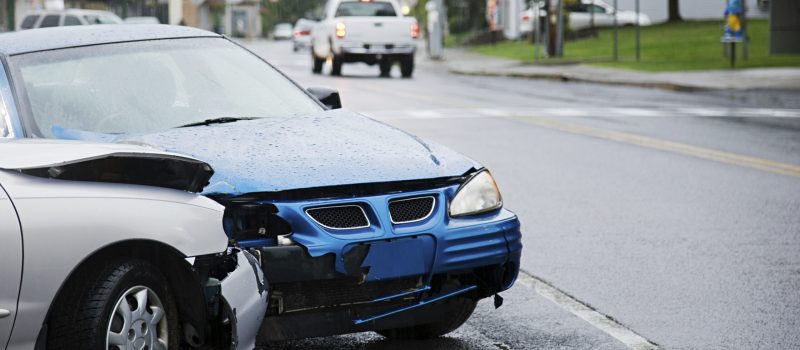In Massachusetts, determining fault in a car accident can be complex, especially when multiple parties share responsibility. The state follows a comparative fault rule, which can significantly impact how damages are awarded in personal injury cases. Understanding comparative fault is essential for accident victims seeking compensation for their injuries.
What Is Comparative Fault?
Comparative fault, also known as comparative negligence, is a legal principle that allows courts to assign a portion of responsibility to each party involved in an accident. In Massachusetts, a modified comparative fault rule is followed, which means that an injured party can recover damages only if they are found to be less than 51% at fault for the accident.
Under this rule, if a plaintiff is partially responsible for the accident, their compensation will be reduced by their percentage of fault. For example, if a driver is awarded $100,000 in damages but is found to be 20% at fault, they would receive $80,000 after the reduction.
How Comparative Fault Impacts Car Accident Claims
In car accident claims, comparative fault can significantly influence the outcome. Insurance companies and defense attorneys often use this rule to minimize the compensation paid to accident victims by arguing that the injured party was partially responsible. Common arguments include alleging that the victim was speeding, distracted, or failed to follow traffic rules at the time of the accident.
Massachusetts courts assess various factors when determining fault percentages, including eyewitness accounts, police reports, and evidence like traffic camera footage. An experienced personal injury attorney can help present evidence to minimize fault assignment and maximize the compensation recovered.
Examples of Comparative Fault in Action
Consider two scenarios in which comparative fault might affect a car accident claim:
- Failure to Signal: If a driver fails to signal while making a left turn and is hit by another vehicle, they may be partially at fault for the accident. The court might assign 30% fault to the turning driver and 70% to the other driver who was speeding.
- Distracted Driving: If an injured driver was texting at the time of the accident, the court might assign a percentage of fault to them, even if the other driver ran a red light. The injured party’s compensation would be reduced by the percentage of fault assigned due to their distraction.
In both examples, comparative fault impacts the compensation received, reinforcing the importance of minimizing one’s fault in accident claims.
How to Protect Your Rights in Comparative Fault Cases
For accident victims in Massachusetts, proving the other driver’s negligence while minimizing their own fault is critical for securing fair compensation. Working with an experienced personal injury attorney can be invaluable, as they can gather evidence, interview witnesses, and consult accident reconstruction experts to strengthen the claim.
Additionally, it’s essential to avoid statements or actions that may imply fault, such as apologizing at the scene or discussing the accident on social media. Insurance adjusters may use such statements to reduce settlement offers, making it crucial to consult an attorney before communicating with insurers.
Consult a Massachusetts Car Accident Attorney for Comparative Fault Cases
Comparative fault can be a challenging aspect of Massachusetts car accident cases, but a skilled personal injury attorney can help you navigate the process and work to secure the compensation you deserve. If you have been injured in a car accident and are concerned about fault affecting your claim, contact a Massachusetts car accident attorney to discuss your case and protect your rights. With the right legal guidance, you can effectively address comparative fault issues and pursue the compensation you need.





